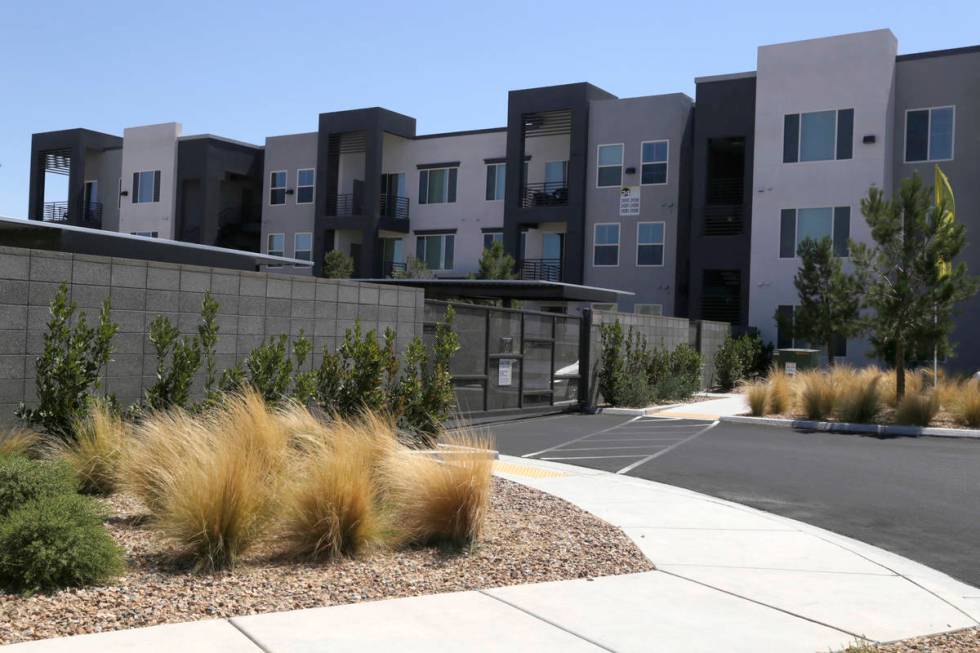EDITORIAL: This affordable housing proposal is short-sighted

Unintended consequences are often the result of even the noblest of intentions. Affordable housing proponents would do well to keep that in mind.
High housing prices are a major concern in Los Angeles. In the past, government agencies have offered developers a number of incentives to build “affordable” units. Those have included zoning privileges, tax credits or loans with favorable terms. In exchange, the builder agrees to keep rents artificially low for a certain amount of time.
Eventually, though, the agreement ends. Property owners may then charge market rates. It’s easy to see how this could be disruptive. When an artificially low rent increases to the market rate, many tenants aren’t going to want or be able to make up the difference. In Los Angeles, this could happen to more than 11,000 homes during the next decade, according to a 2020 report from the California Housing Partnership.
Enter the Los Angeles City Council. This month, it directed staff to look for a way to freeze rents on housing units with these types of arrangements. That included properties where the agreements have already expired.
Councilman Gil Cedillo, who sponsored the resolution, expressed concern that the expiration of agreements would allow owners to raise rents. “We can’t create any opportunity for any resident to be unable to afford to stay in their own home,” he said.
That’s a noble sentiment for a philanthropist or director of a nonprofit. But perhaps government boards and politicians who entered these contracts should have kept the long-term realities in mind. Once the deal expires, property owners are free to use their own land they see fit. If Mr. Cedillo wants to purchase the real estate himself and continue to offer subsidized rents, he’s free to do so. But if he’s demanding that the owners permanently surrender their housing stock to the state, he is putting the city of Los Angeles at significant financial risk for a regulatory taking.
He would also be sounding the death-knell for similar types of arrangements in the future.
“We need affordable housing. We need to build more of it,” Dan Yukelson, executive director of the Apartment Association of Greater Los Angeles told Reason. “This would just be a complete discouragement to develop more affordable housing if the city is literally at the end of these contracts pulling the rug out from under these people who agreed to take less rent for all these years.”
There’s a lesson here for Nevada politicians, too. Policies aimed at keeping housing prices affordable will be counterproductive if they also create disincentives for future investment in the housing market.